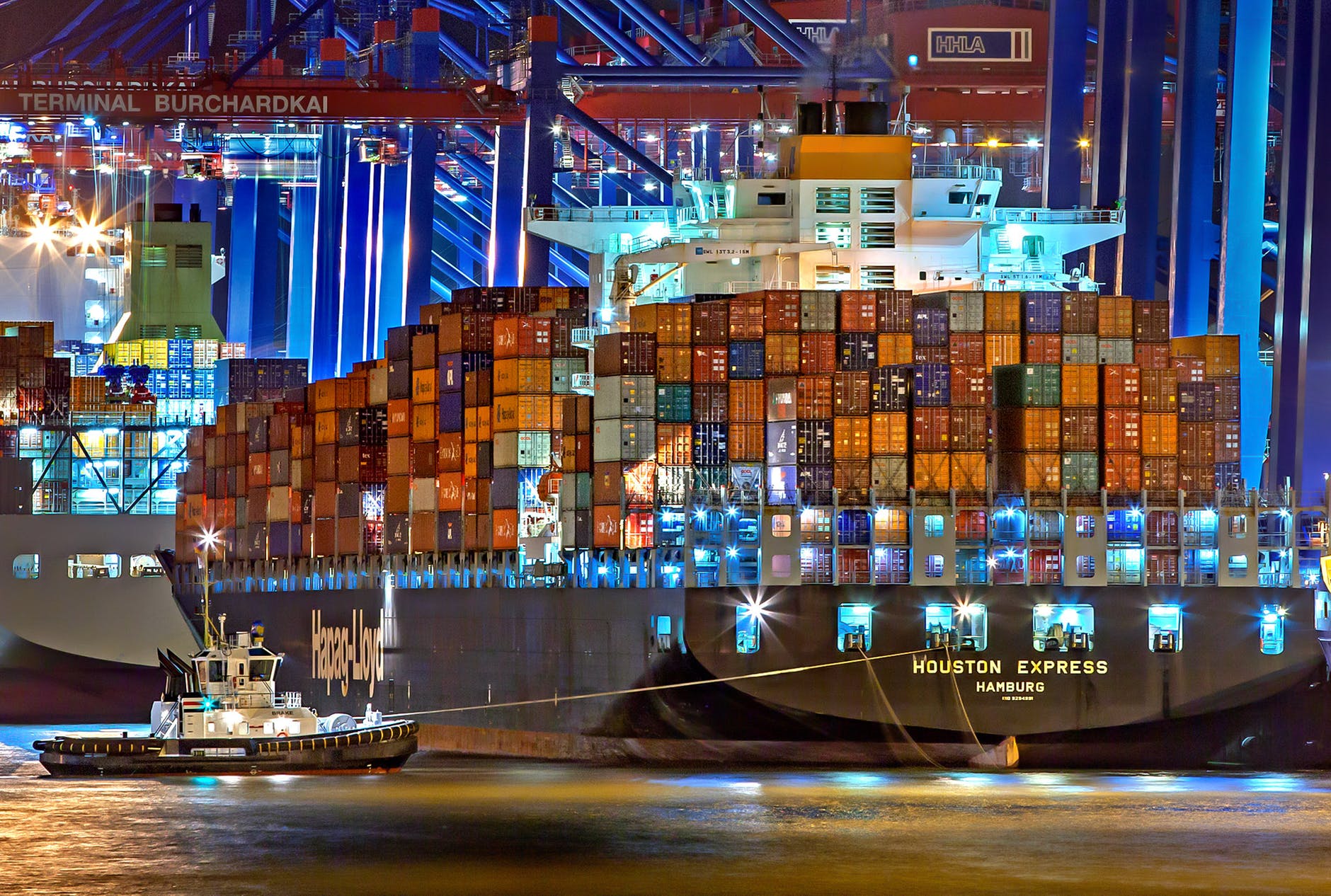In the world there is a festival of interventionism in the economy. Report Ft

Fear of China, the need to protect critical supply chains and industrial transformation have pushed the US and the EU towards interventionism in the economy. The deepening of the Financial Times
Now we are all interventionists. In the United States, not so long ago a bastion of free-market thinking, fear of China, concerns about the security of supply chains , aspirations for reindustrialization and hopes for a green transformation are combining to reshape trade policies and industrial.
The EU shares US concerns about China, especially in terms of the technological threat. But she is also concerned about the "America First" character of US policies, especially the $369 billion inflation-cutting bill. This growing confidence in governments' ability to reshape their economies for the better was perhaps inevitable given the economic disappointments and geopolitical tensions. But what does it imply?
THE GREAT QUESTION OF INTERVENTISM
A big question is what these shifts towards economic nationalism and interventionism will mean for the world economy. As things stand now, deep disintegration seems unlikely, even if it is, alas, imaginable. It would also be very costly, as a recent IMF discussion note, Geoeconomic Fragmentation and the Future of Multilateralism, points out. Furthermore, the deeper the disintegration, the greater the costs. Technological decoupling would be the most costly of all, especially for emerging and low-income countries. Added to this are the inevitable geopolitical costs. As James Bacchus, former head of the WTO's Appellate Body, rightly observed, containing these costs in today's world poses enormous challenges. Writes the Financial Times .
A narrower question is how well the new interventionism will work on its own terms. Will the US federal government, which is the more active and powerful actor, achieve the desired results from the policies it is now committed to adopt? There are good reasons to doubt it. Successful surgery is difficult.
It is not that there is a lack of theoretical arguments in favor of the intervention. On the contrary, since the days of Alexander Hamilton, the arguments for protecting infant industry (and other such interventions) have been well known. The main argument is that markets alone will fail to exploit the opportunities available. Harvard's Ricardo Hausmann recently reiterated these arguments. To these arguments about the nascent industry are added those about the protection of economic, technological or military security.
However, in practice it is quite difficult to make this type of interventionism work. Too often, for example, the successes of Japan, South Korea and more recently China are assumed to be due to farsighted government interventionism. It is exaggerated: the main engine has been market competition. Furthermore, public intervention becomes all the more difficult the closer an economy is to the technological frontier: innovation is usually more difficult than copying. Last but not least, there is a political economy of intervention, with losers choosing governments rather than governments choosing winners. The more a state is open to lobbies, the greater the chances of capture. This is particularly applicable to the United States.
WHAT WORKED, AND WHAT DIDN'T
In 2021, the Peterson Institute for International Economics released a paper titled Scoring 50 Years of US Industrial Policy . The document outlines some grotesquely expensive industrial protection policies, noting that "US consumers and taxpayers are currently paying more than $900,000 a year for every job saved by Trump's steel tariffs, extended by Biden." Sometimes, alas, bipartisanship can be silly.
What worked? As expected, the protagonist was Darpa, perhaps the most successful innovation program in world history. Another success was Operation Warp Speed, the Trump administration's vaccination program – a triumph that many Republicans wished to disavow. Another was North Carolina's Research Triangle Park. Encouraging the assembly of foreign cars has worked quite well, as have tax credits for solar panels.
However, what is striking is how often these programs have failed to make industries competitive, save jobs at reasonable cost or advance the technological frontier. This applies in particular to trade measures and specific subsidies for companies. The big successes have been achieved by combining public and private expenditures for research and development, as might be expected. In light of this, it is questionable whether today's subsidy programs work.
Against this, there are legitimate security reasons to promote the production of computer chips, regardless of cost. Again, in the absence of better policies, green transition subsidies should push the economy in the right direction. Furthermore, subsidies have the advantage of being transparent, while protection is a hidden tax on consumers passed on to producers. Tariffs also direct production towards the domestic market, while subsidies are neutral between the domestic and foreign markets. However, subsidies are not neutral between countries: whoever has the deepest pockets wins. Furthermore, subsidies, especially those limited to domestic producers, will cause friction, even with allies. The result will be a subsidy war. This can reduce emissions from high-income countries. But it will not solve global climate change, which depends on successful cooperation for global transformation.
The new interventionism has many causes and many goals. In theory, it could lead to better outcomes, especially when the arguments for government intervention are strong, as in the case of climate change or national security. But there are also great potential risks, not least that many of these programs turn out to be a huge waste of money, as so many interventionist programs have been in the past. Furthermore, these interventions will worsen the trade wars currently underway. Fragmentation is very easy to start. But it will be difficult to control and even more difficult to reverse.
(Excerpt from the press release of eprcommunication)
This is a machine translation from Italian language of a post published on Start Magazine at the URL https://www.startmag.it/economia/interventismo-statale-economia-commercio-globale/ on Sat, 18 Feb 2023 06:04:16 +0000.
